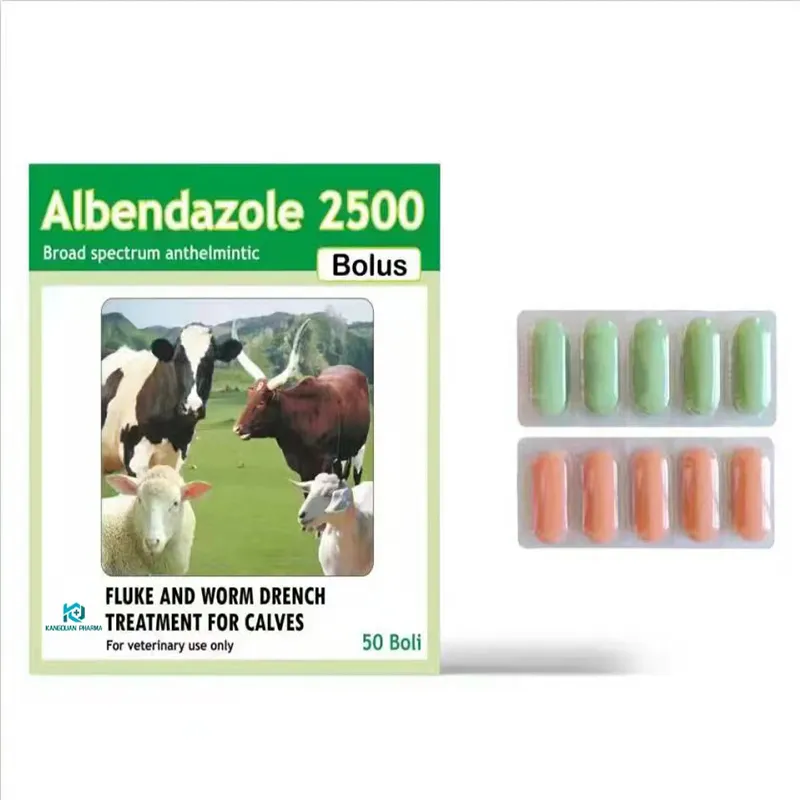- Afrikaans
- Albanian
- Amharic
- Arabic
- Armenian
- Azerbaijani
- Basque
- Belarusian
- Bengali
- Bosnian
- Bulgarian
- Catalan
- Cebuano
- Corsican
- Croatian
- Czech
- Danish
- Dutch
- English
- Esperanto
- Estonian
- Finnish
- French
- Frisian
- Galician
- Georgian
- German
- Greek
- Gujarati
- Haitian Creole
- hausa
- hawaiian
- Hebrew
- Hindi
- Miao
- Hungarian
- Icelandic
- igbo
- Indonesian
- irish
- Italian
- Japanese
- Javanese
- Kannada
- kazakh
- Khmer
- Rwandese
- Korean
- Kurdish
- Kyrgyz
- Lao
- Latin
- Latvian
- Lithuanian
- Luxembourgish
- Macedonian
- Malgashi
- Malay
- Malayalam
- Maltese
- Maori
- Marathi
- Mongolian
- Myanmar
- Nepali
- Norwegian
- Norwegian
- Occitan
- Pashto
- Persian
- Polish
- Portuguese
- Punjabi
- Romanian
- Russian
- Samoan
- Scottish Gaelic
- Serbian
- Sesotho
- Shona
- Sindhi
- Sinhala
- Slovak
- Slovenian
- Somali
- Spanish
- Sundanese
- Swahili
- Swedish
- Tagalog
- Tajik
- Tamil
- Tatar
- Telugu
- Thai
- Turkish
- Turkmen
- Ukrainian
- Urdu
- Uighur
- Uzbek
- Vietnamese
- Welsh
- Bantu
- Yiddish
- Yoruba
- Zulu
8 月 . 06, 2024 13:28 Back to list
Optimal Dosage Guidelines for Albendazole Deworming in Goats for Effective Parasite Control
Albendazole Deworming Dosage for Goats
Deworming is an essential aspect of goat husbandry, as it helps maintain the health and productivity of the animals while reducing the risk of transmission of parasites in the herd. One of the most commonly used anthelmintics (dewormers) for goats is Albendazole. This broad-spectrum drug is effective against a wide variety of internal parasites, including roundworms, flukes, and tapeworms. Understanding the proper dosage and administration of Albendazole is crucial for goat owners to ensure the health of their animals.
Understanding Albendazole
Albendazole belongs to the benzimidazole class of drugs, which work by inhibiting the parasites’ ability to absorb glucose, ultimately leading to their death. It is effective against many types of gastrointestinal nematodes, as well as lungworms and certain tissue-dwelling parasites. This effectiveness makes it a popular choice among livestock producers.
Dosage Guidelines
The recommended dosage of Albendazole for goats is typically around 10 mg per kg (4.5 mg per lb) of body weight. Albendazole is usually administered as a drench, which involves mixing the appropriate amount of the drug with water and administering it directly into the goat's mouth using a dosing syringe.
For example, if you have a goat that weighs 50 kg (approximately 110 lbs), the dosage of Albendazole required would be 500 mg (10 mg x 50 kg = 500 mg)
. It is critical to use a scale to accurately determine the weight of the animal to avoid underdosing or overdosing, both of which can lead to ineffective treatment or potential harmful side effects.Administration Tips
albendazole deworming dosage for goats

When administering Albendazole, it is essential to ensure that the goat is calm and properly restrained to avoid any accidents during the process. You can gently hold the goat or ask someone to assist you by holding the head while you administer the drug. It is advised to follow the manufacturer's instructions on the specific product being used, as variations in concentration can exist between different formulations.
Additionally, it is best practice to conduct a fecal egg count before and after treatment to determine the effectiveness of the deworming process and to monitor the parasite burden in your herd.
Timing and Frequency of Treatment
Goats should ideally be dewormed at least twice a year, although this may vary depending on the specific environment, the age of the goats, and the presence of parasites. Young kids and pregnant or lactating does may require more frequent treatment, as they are more susceptible to worm burdens.
Consider deworming just before the wet season or during periods of high pasture contamination to help control the parasite lifecycle effectively. Regular monitoring of your goats for signs of parasite infestation, such as weight loss, poor coat condition, or diarrhea, will also help you determine when to treat.
Conclusion
Deworming with Albendazole is a vital component of goat management that helps ensure the health and well-being of your animals. By adhering to the correct dosage, administration techniques, and timing, goat owners can minimize the impact of parasites, leading to more productive and healthy livestock. As with any medication, it is always beneficial to consult with a veterinarian to tailor a deworming program specifically to the needs of your herd. This proactive approach will contribute to a sustainable and thriving goat farming operation.
-
The Power of Radix Isatidis Extract for Your Health and Wellness
NewsOct.29,2024
-
Neomycin Sulfate Soluble Powder: A Versatile Solution for Pet Health
NewsOct.29,2024
-
Lincomycin Hydrochloride Soluble Powder – The Essential Solution
NewsOct.29,2024
-
Garamycin Gentamicin Sulfate for Effective Infection Control
NewsOct.29,2024
-
Doxycycline Hyclate Soluble Powder: Your Antibiotic Needs
NewsOct.29,2024
-
Tilmicosin Premix: The Ultimate Solution for Poultry Health
NewsOct.29,2024













